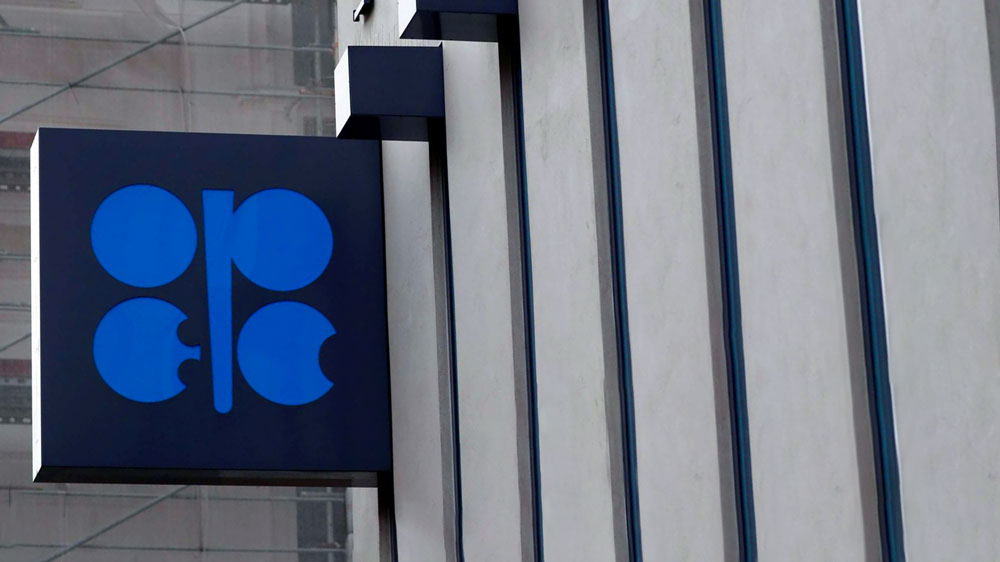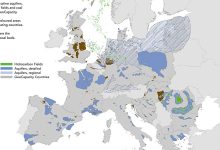Oil Market Remains Under Pressure
Saudi Arabia and Russia on Sunday, April 11 ended the oil price war, following an agreement establishing the reduction of supplies by 9.7 million barrels per day in May and June, the equivalent of 10% of the global production. Despite this massive cut, the global oil market will continue to remain under pressure in the following months.
According to the terms agreed by OPEC and its allies, the reduction of production will continue until 2022, but in smaller percentages. Despite the largest production cut ever operated, it is possible that the market remains oversupplied with oil for several months from the catastrophic collapse of demand, caused by the lockdowns established by the governments of the world to slow the spread of coronavirus, the international media notes.
“The OPEC+ agreement will not prevent sharp inventory builds in coming months, and near-term oil prices in the physical market will likely remain under pressure,” said Martijn Rats, global oil strategist at Morgan Stanley.
While supplies will be reduced by 10%, the drop in demand is twice as large, which means that the world’s oil tanks will continue to fill day by day, as long as the planes stay on the ground, businesses are closed and billions of people stay home, the international media reports. The major consumer countries that supported this agreement signed on April 11, including the US, China, Japan, India and South Korea, have even agreed to buy oil, increasing their reserves to boost the market.
Month of chaos on the oil market
The recent agreement ended a period in which the OPEC+ alliance appeared to be dead, with former partners engaged in oil-trade warfare. It all started on March 6, when Russian Energy Minister Alexander Novak said his country was ready to increase oil production in April.
Dissatisfied with Russia’s refusal to cut production, Saudi Arabia embarked on a war whose weapons took everyone aback. Riyadh came up on the market with the biggest price discounts in the last 30 years and announced that it would increase production to 12 million barrels per day in April, i.e. a 25% increase compared to February.
What followed was the most chaotic month in the oil market’s history, threatening the stability of the oil-dependent nations from Nigeria to Iraq and overturning the business plans of industry giants like ExxonMobil and Royal Dutch Shell.
Without realizing it, the Saudis had started a price war at the worst possible time, when the coronavirus outbreak had already spread beyond Wuhan and the governments started to establish lockdowns. Due to restrictions, global oil demand has decreased by about 30 million barrels per day, or about 30% of the global production. The price of Brent oil, used as a global benchmark, recorded a dramatic fall. While at the beginning of the year it was traded at over USD 70/bbl, on March 30 it was traded at USD 21.65/bbl, the lowest price recorded in almost two decades.
Russia came out rumpled
While three years ago, Vladimir Putin’s deal with OPEC to reduce oil production and raise prices was a triumph for the Kremlin leader that strengthened his position on the world politics scene, now Moscow has had to make harsh concessions after the US president Donald Trump stepped in to end the price war, the international press notes after the deal was concluded.
“The ill-fated decision to face off against Saudi Arabia in early March was a strategic mistake and now we’re paying the price, a much higher price than we could have paid,” said political analyst Andrey Kortunov, director of the Russian International Affairs Council, who added: “This looks like a victory for the US, and Russia ends up a bigger loser than Saudi Arabia.”







